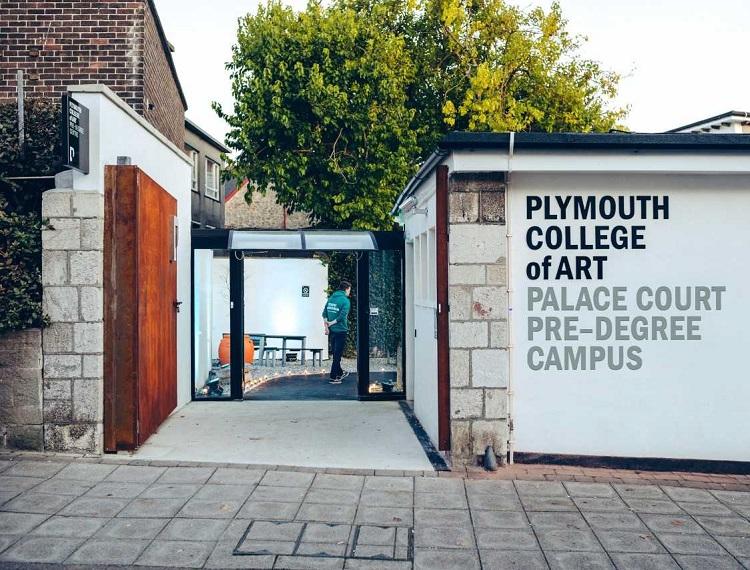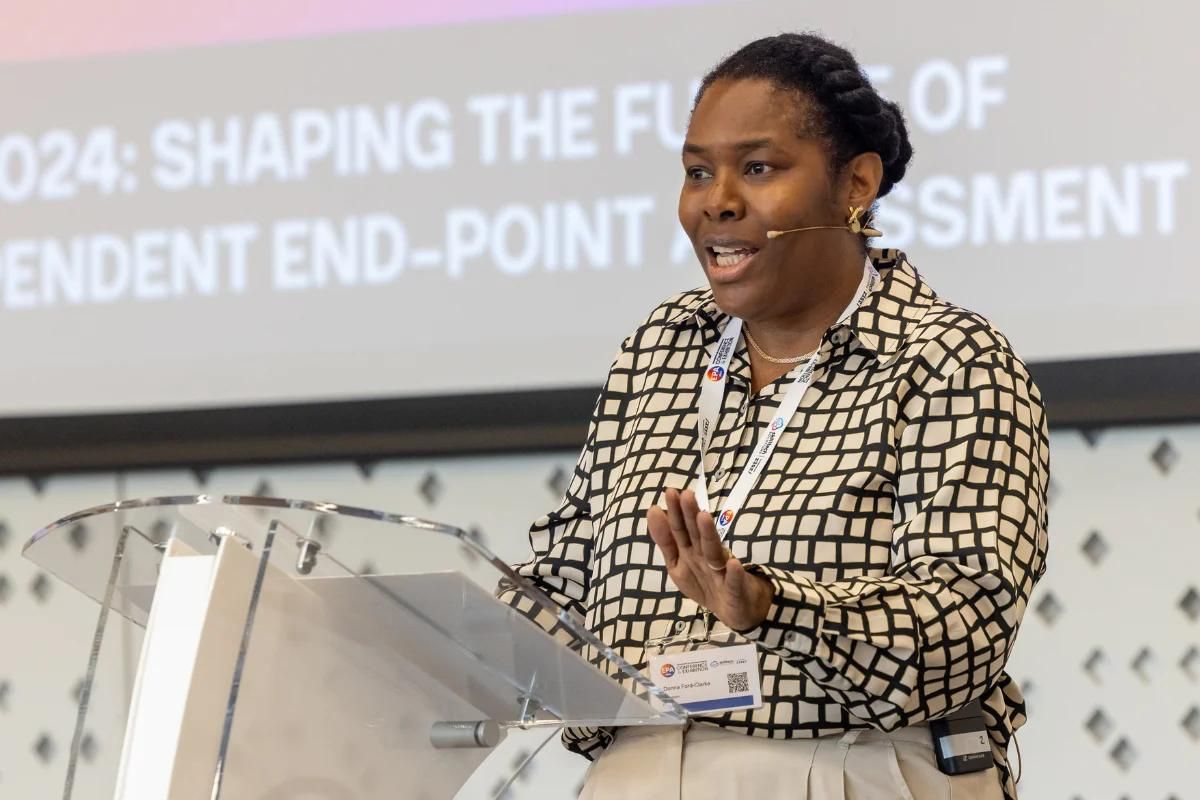Successful Ofsted for creative students at Plymouth College of Art

Clare Hughes (dir.) The Red House (2016) Feilden Clegg Bradley Studios
Following a short Ofsted inspection on 23 and 24 May 2017, Plymouth College of Art is pleased to announce that the result of the inspection was judged to be “good,” maintaining the outcome of the college’s last inspection in May 2013. In the face of developments in the structure and location of FE teaching at the college itself, and the changing educational and political landscape in the UK, this result is a significant recognition of the college’s ongoing commitment to pre-degree education as part of a continuum of creative learning and practice in the region, which extends from the age of three at Plymouth School of Creative Arts, to Masters level study at the college.
Since the last Ofsted inspection four years ago, the college has created Palace Court, a dedicated pre-degree campus, situated in the heart of Plymouth’s city centre. Shortlisted for the Building of the Year Award by The Building Forum for Devon and Cornwall, Palace Court was formally opened in November 2016 by Katie Greenyer, Creative Director of Pentland Brands, the London-based fashion group whose labels include Ellesse, Speedo and Berghaus. Home to Plymouth College of Art’s cohort of 16 to 19-year-old students, Palace Court is also the first dedicated Extended Diploma campus at an art school in the South West, providing 500 students a place to study creative subjects across arts, crafts, design and media. The Level 3, Extended Diplomas delivered by Plymouth College of Art are designed and awarded by UAL Awarding Body, which is part of the University of the Arts London (UAL). Designed in collaboration with industry and education partners, the qualifications are equivalent to three A-levels and are recognised by UCAS, arts universities throughout the UK and by employers in the creative industries. The college will continue to invest in providing for pre-degree students with the development of Palace Studios, an additional site adjacent to Palace Court, set to open in August 2017.
The successful outcome of this most recent Ofsted inspection is testament to the strength of the college’s dedication to pre-degree and all aspects of teaching, learning and support for our students. The report commended the college on the high standard of teaching, as well as the high standard of work produced by students in all subjects. Matias Shortcook, the Associate Dean of Pre Degree, said, “We welcomed the chance to for Ofsted to see the significant developments that have taken place at Plymouth College of Art. It was great for them to identify the same areas of development that we have, which we are already well on track to improving, together with recognising the exceptionally high quality curriculum and positive experience our students have.” Ofsted recognised that this is a high quality experience within which students have the opportunity to begin an exceptional career in the creative industries.
The Character Project
The report praised senior leaders and teachers at the college for their carefully considered and well implemented changes to the curriculum. In particular, inspectors commended a newly introduced programme designed to help students develop beyond just their technical skills. ‘The Character Project’, which is unique to Plymouth College of Art, was described in the report as a “thoughtful, innovative and effective programme.” Implemented to aid students in developing attributes such as resilience and determination, and skills such as confidence and communication, the inspectors could see that it had a clear and positive impact on student development and their future careers.
The report continued, “Teaching, learning and assessment are of a high quality, and teachers increasingly take part in a range of carefully considered activities to improve their teaching and to share their skills and ideas.” It was noticed that students placed a high value on their teachers’ knowledge and skills as well as the feedback they receive on their work, with these factors being pivotal to a high proportion of students achieving high grades at the end of their course.
A good balance of academic and vocational experience
In praise of the college’s commitment to giving students a wide and positive range of experiences in both academic and vocational situations, the report said, “Opportunities to work with local community groups and businesses continue to develop and enhance learners’ knowledge of the demands of working in the creative industries.” The college’s programmes of study incorporate a wide range of assignments allowing students to gain experience working with external clients, including film-makers, managers at local heritage sites and practising artists.
Balancing academic learning with experience in the world of employment, the college aims to develop each student’s vocational skills and awareness of the world around them. Particular mentions in the Ofsted report were given to a sustainability project for all first years and a project for photography learners about animal welfare with the Devon Wildlife Trust. The report also recognised the benefits of external work placements to those studying on the fashion course, and the college has plans to increase the number of work placements available to students on other courses.
Critique and analysis
The Ofsted inspectors found that Plymouth College of Art teachers were skilled at helping students to identify what they need to do to improve the quality of their work, and particularly in the foundation art and design course, to experiment, critique and evaluate their work. It was also noted that students found assessment by their peers useful in improving their own work, showing that the college’s supportive and strong network extends beyond the teacher-student dynamic. Additionally the report highlighted that a wide range of information was used to evaluate the quality of teaching and learning, with a particularly strong consideration of the views of students and a wide range of professional development, peer support and feedback to help teachers improve their teaching.
Maths and English
With the number of specialist teachers increasing and extensive staff development provided to improve the teaching of maths and English, Ofsted found that students at Plymouth College of Art are now more positive about their English and mathematics lessons than in previous years, and that more students obtained a grade C or above in these subjects. Students were found to have a good understanding of their options for progression to Higher Education, due to the college’s careers events and talks from students on the college’s degree programmes, as well as a good understanding of how to manage their finances due to teacher’s careful integration of the practical application of mathematics in their courses.
Safeguarding
With the need for educational establishments to provide a well rounded view on current affairs and react sensitively to news and events around the country, the Ofsted report found that teachers planned courses well to incorporate important lessons about safeguarding. “Teachers […] allow learners to express, through their artwork, their responses to the risks facing them. For example, the day after a terrorist event, teachers agreed a common approach to discussing the event and encouraged learners to express their responses to it. A group of learners, inspired by the work of a contemporary artist, produced a piece of artwork that articulated thoughtfully their reaction to the event.”
Palace Court combines a collaborative art school and high energy creative learning environment with a modern curriculum. This combination reflects all the technical and personal skills that young people in the South West will need to progress in the UK’s booming creative industries, which contribute over £80 billion per year to the UK economy and provide employment for over 1.8 million people.
A public exhibition of creative work from this summer’s graduating class is on show at Palace Court from 26-30 June at Plymouth College of Art’s Pre-Degree Summer Show. Students aged 16-19 from our UAL Extended Diploma programmes will transform Palace Court’s open-plan studios into a lively gallery space, showcasing art, design and digital media. This is the first time final year students from our pre-degree programme have hosted an end-of-year showcase in their own devoted studios, offering a significant opportunity for the public to peek into life at our energetic art school, in the historic surroundings of Plymouth’s Barbican. Programmes on exhibition include Art & Design, Fashion & Textiles, Graphics Illustration & Game Arts, and Photography – each with a unique creative perspective to enjoy.
What: Pre-Degree Summer Show 2017
When: Monday 26 to Friday 30 June 2017 (Open Mon-Fri, 10-4pm // Late night opening Wed 28 until 7pm)
Where: Palace Court, Pre-Degree campus, Buckwell Street, Plymouth.
Plymouth College of Art is a specialist independent Higher Education Institution (HEI) run by artist for artists. Founded in 1856, the college, which is a Founding Associate of Tate Exchange, offers a range of Undergraduate, Postgraduate and Pre-Degree study across Art, Design and Digital Media – combining over a 160 years of history with up-to-the-minute thinking and cutting-edge facilities. Our two city centre campuses are also home to the public Gallery and FabLab Plymouth, and we offer a range of short courses, masterclasses, and National Art & Design Young Arts Club. The college is a UK Advisory Council Member of the Creative Industries Federation, a Member of the Crafts Council Advisory Group and a Steering Group Member of the Cultural Learning Alliance. In June 2017, Plymouth College of Art was awarded the Social Enterprise Gold Mark by Social Enterprise Mark (CIC). This is the only internationally available social enterprise accreditation scheme, enabling organisations to prove they are in business primarily to create benefits for people and planet, providing a guarantee of a commitment to creating positive social change.
More than 2,500 students study at our campuses in the heart of Plymouth. Expert tutors share their expertise, while encouraging students to develop their own creative strengths. We continue to invest heavily in specialist resources and facilities – for digital media and technology, as well as fine art and handcrafted traditions. Our college has strong links with the creative industries and wider community. So our students have the opportunity to connect with a range of artists and potential employers from day one.
The Plymouth Continuum of Creative Learning and Practice
In 2013 the college founded the city-centre all-through free school for 4 to 16-year-olds Plymouth School of Creative Arts. Together the school and college have established a radical and progressive continuum of creative learning and practice in the region that extends from early years to Masters level study. The school’s award-winning landmark building The Red House was formally opened by Tate Director Sir Nicholas Serota who hailed the opening as “a historic event in the history of education in this country”.
In response to the ongoing drive to marginalise the creative arts in mainstream education within the UK, Plymouth School of Creative Arts was established in an art school ethos of an approach to learning-through-making in all subject fields, through experiential and performative education, working with the intrinsic motivation of learners towards the practise and application of their knowledge and creative intelligence. Through its emphasis on making, the learning ethos of the school draws upon and develops intrinsic motivation, and every learner is thus involved in an open research inquiry they themselves direct through making.
Among UK presentations including UK Government Cabinet Office and HEFCE, Plymouth College of Art has been invited to present the creative learning continuum project internationally at Confindustria Veneto; OECD; Beijing Design Week; Révélations (Paris, Grand Palais); Loheland Stiftung (Germany); Ateliers d’Art de France, Cheongju International Craft Biennale; Shanghai University; and the 4th KEASS Sino–British (International) Creative Education Forum in Chengdu (China).
Other Films about Plymouth College of Art:
Henry Ward (dir.) Thinking Making (2017) Freelands Foundation.
Renegade Inc. (2017) Andrew Brewerton interviewed by Ross Ashcroft with Graham Brown-Martin:








Responses